As the country immersed in the celebrations of Dussehra on 12 October, a horrific incident of gendered violence took place in Madhya Pradesh’s Khandwa where a Dalit Woman was burnt alive for filing a complaint against molestation. The 19-year-old Dalit woman from a village near Khandwa was set on fire by the son of the accused man whom she had reported to police for harassment, local media has reported. The offender wanted to “take revenge from the woman for his father’s insult.” The woman succumbed to the fatal burns on 17 October. The horrific crime occurred days after she had registered a police complaint against a 48-year-old man who, according to her, had “attempted to force himself on her while she was alone on the farm.”
On Friday, his son infuriated over the complaint, barged into the woman’s house, poured petrol on her, and set her on fire. A local BJP leader Mukesh Tanve is reported to make outrageous statements blaming the victim and defending the accused man who is responsible for the immolation. Tanve claimed that “the woman had staged self-immolation due to fear, but the police is wrongly treating the case as a criminal act.”
BJP-ruled UP, MP see a record increase in atrocities on Dalits
The recurrent cases of abuse and violence are only indicative of a larger trend of caste-based violence against Dalit women in the country which in recent years has soared in states like Madhya Pradesh, Uttar Pradesh, and Rajasthan. The Hindi heartland states remain at the top in gendered violence with a high number of atrocities against Dalits and marginalised communities. All three states are governed by the Bhartiya Janata Party and were at the top in crimes and atrocities against the Scheduled Castes and the Scheduled Tribes in the year 2022 as per the NCRB data.
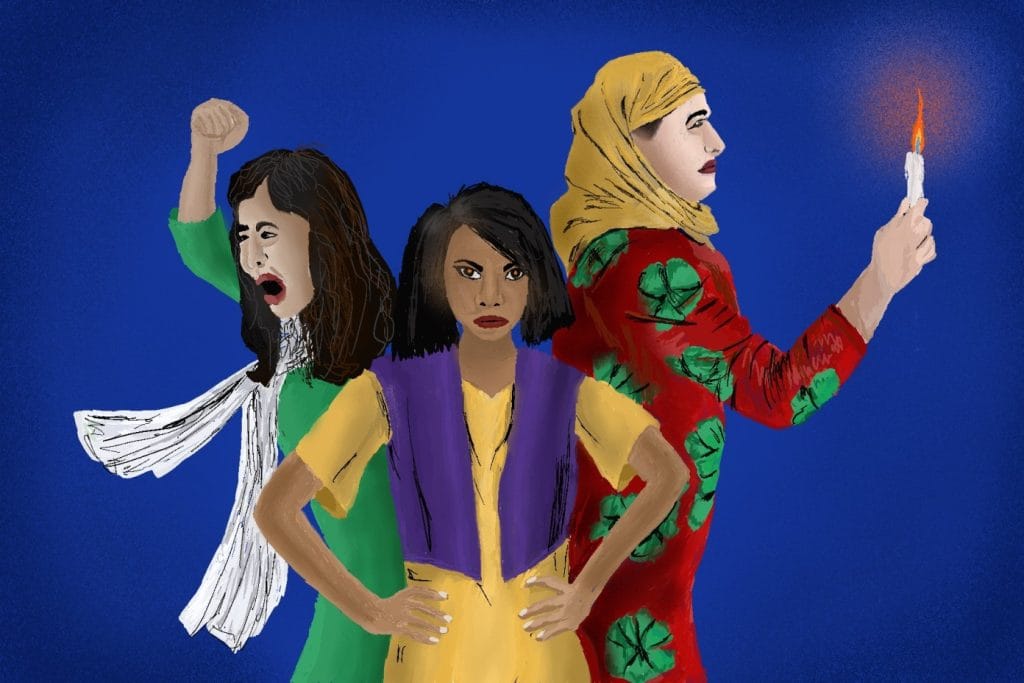
In January 2019, Anjana Ahirwar, a 15-year-old Dalit girl was sexually assaulted by the landlords from the dominant ‘Thakur community with hegemonic local dominance,’ and connections to the ruling BJP. In May 2023, the girl was reported ‘dead,’ in unknown circumstances just one day after her uncle Rajendra was killed. Her 18-year-old brother was also killed later in August 2023. The family’s home was ransacked by the goons ‘hired,’ by the upper caste landlords. Three killings from a Dalit family in a row showed how the state was a total failure in preventing violence against its vulnerable Dalit communities particularly Dalit women. Dharmendra Ahirwar, head of a Bahujan rights organisation, Bhim Army, in Sagar district, working for justice for the victims in this case says,
“It seems that the Sagar police and the Government are protecting the oppressors to suppress justice.”
A fact-finding report on the heinous killings by a civil advocacy forum “Citizens Group of Madhya Pradesh” in July 2024 revealed the vicious caste dynamic responsible for the killings and how police machinery and political figures played a part in covering up the atrocities and intimidating the grieving family. In a typical scripted police report into Anjana’s killing Sagar Police concluded that “Anjana purportedly jumped to her death.” A conclusion which is furiously disputed by Anjana’s family.
In another horrendous case of violence against women from marginalised communities, a tribal woman in the Guna district of MP was burnt alive by pouring diesel in July 2022, as thedalitvoice.org reported. How often Police and local authorities are engaged in direct violence against Dalit communities or collaborating in cover-ups for those who have committed such crimes was evident in a case of police torture when a video from October 2023 surfaced on social media where a Dalit woman and her grandson were cruelly beaten up by the Railway Police in Katni. The Dalit woman had said that the police abruptly took her into custody and violently beaten her throughout the night asking for information for a theft case.
57,582 cases reported of Dalit violence in 2022
The National Crime Record Bureau’s “Crime in India” annual report for the year 2022 showed that a total number of 57,582 cases were registered for crimes against Scheduled Castes (SCs), a nationwide increase of 13.1 per cent from 2021 (50,900 cases). According to the NCRB 2022 data, UP reported a sharp spike of 16 per cent in 2022 as numbers went up from 13,146 cases in 2021 to 15,368 cases in 2022. Rajasthan (8,752), Madhya Pradesh (7,733), and Bihar (6,509) rallied along with a record high in crimes against SCs. In a similar trajectory, a sharp rise was also observed in acts of violence against tribal communities as a high number of 10,064 cases was registered for crimes against Scheduled Tribes (STs), a sharp jump of 14.3 per cent from 2021 (8,802 cases).
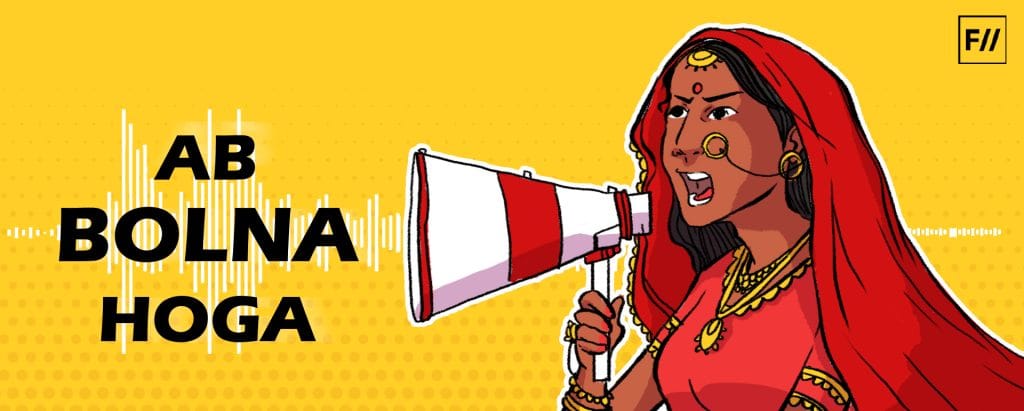
Uttar Pradesh has also witnessed a soaring spike in cases of violence against the Dalit communities in the past few years. Under the leadership of Chief Minister Yogi Adityanath, the state has become a hotspot for targeting Dalits as 12,287 cases of atrocities against Scheduled Castes were recorded in the year 2022 which made up 23.78 per cent of the nationwide cases.
The deteriorating situation in UP for the minorities cast serious questions on the PR campaigns run by the Yogi administration fuelled through the help of a ‘friendly media,’ that UP has become a ‘bastion of law and order,’ under Yogi and ‘women feel safer on the streets.’ It raises the question – Is the law machinery even functional in the biggest Indian state in protecting the Dalits and other caste minorities from gender and caste-based violence?
Toothless implementation of the Prevention of Atrocities Act, 1989
A Union government report by the Ministry of Social Justice and Empowerment also records signs of troubling ground realities with a spike in caste-based violence and discrimination against marginalised communities. The Report highlights the inadequacy of Exclusive Special Courts in the country which is an issue that further aggravates the crisis. Section 14 of the Prevention of Atrocities Act (PoA) mandates state governments to establish and maintain Exclusive Special Courts for dealing with cases of atrocities perpetrated against Scheduled Castes and Scheduled Tribes to ensure fast trials. But such courts have not been set up by the states and the number is far less than the required need.
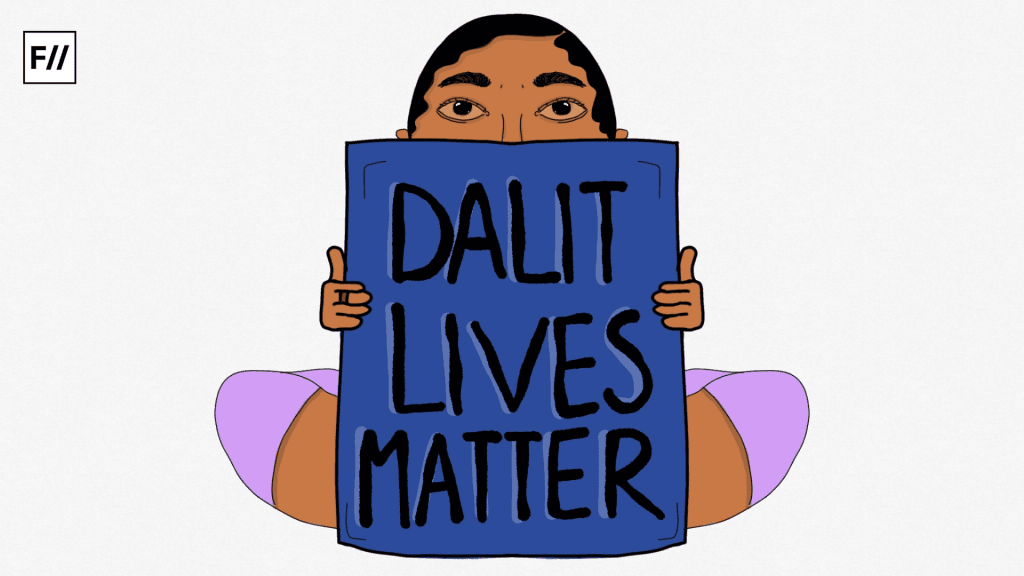
Out of 498 districts across 14 states, only 194 districts have these courts currently, making it difficult for the victims to access the justice system. Since Special Courts possess cognisance powers to take direct action for offences under this Act, the inadequacy of Special Courts has left the PoA act almost ineffective as it leads to delays and ineffective action in anti-Dalit violence cases. The lack of proper mechanisms has proven to be a significant hurdle in preventing caste-based violence and discrimination and ensuring justice for those affected by this violence.
Organisations such as CJP have been warning about the alarming rise of atrocities against Dalits and other marginalised communities in India in recent years. In a revealing development about where the priorities lie for the ruling BJP, the Madhya Pradesh state government in July 2024 diverted the funds meant for the SC/ST welfare to the welfare of cows, museums and religious sites. As was reported in media outlets, out of the 252 crore rupees allotted to cow welfare, the sum of 95.76 crore was taken from the SC/ST sub-plan. Such moves not only weaken the legal efforts in fighting social injustice but also indicate the discriminatory mindset at the levels of bureaucratic – government circles and an unwillingness to prevent the atrocities against the marginalised communities.
Dalit and Adivasi communities in India have a dark and tainted past which is full of subjugation, and denial of rights. The communities have faced violence in different forms – from physical to structural – and at different layers. Dalit activists and movements have been resisting this structural casteism for decades – to achieve a life of dignity, fair representation and equal share. Despite constitutional and legislative safeguards for equal rights, the legal mechanisms have proven to be insufficient and stand hollow on ground realities as is continuously seen with recurring cases of violence against Scheduled castes and Tribes.
Throughout history, the legal systems have just been a mechanism of oppression, exploitation and a tool for the upper castes to dominate these marginalised groups. Law books might have changed and the Constitution might have provided for equal rights but the ground realities have not changed. Various legal and bureaucratic systems whether it is police or courts are still occupied by the dominant castes and the country has a long way to recognise its ‘sins,’ towards a large number of citizens.

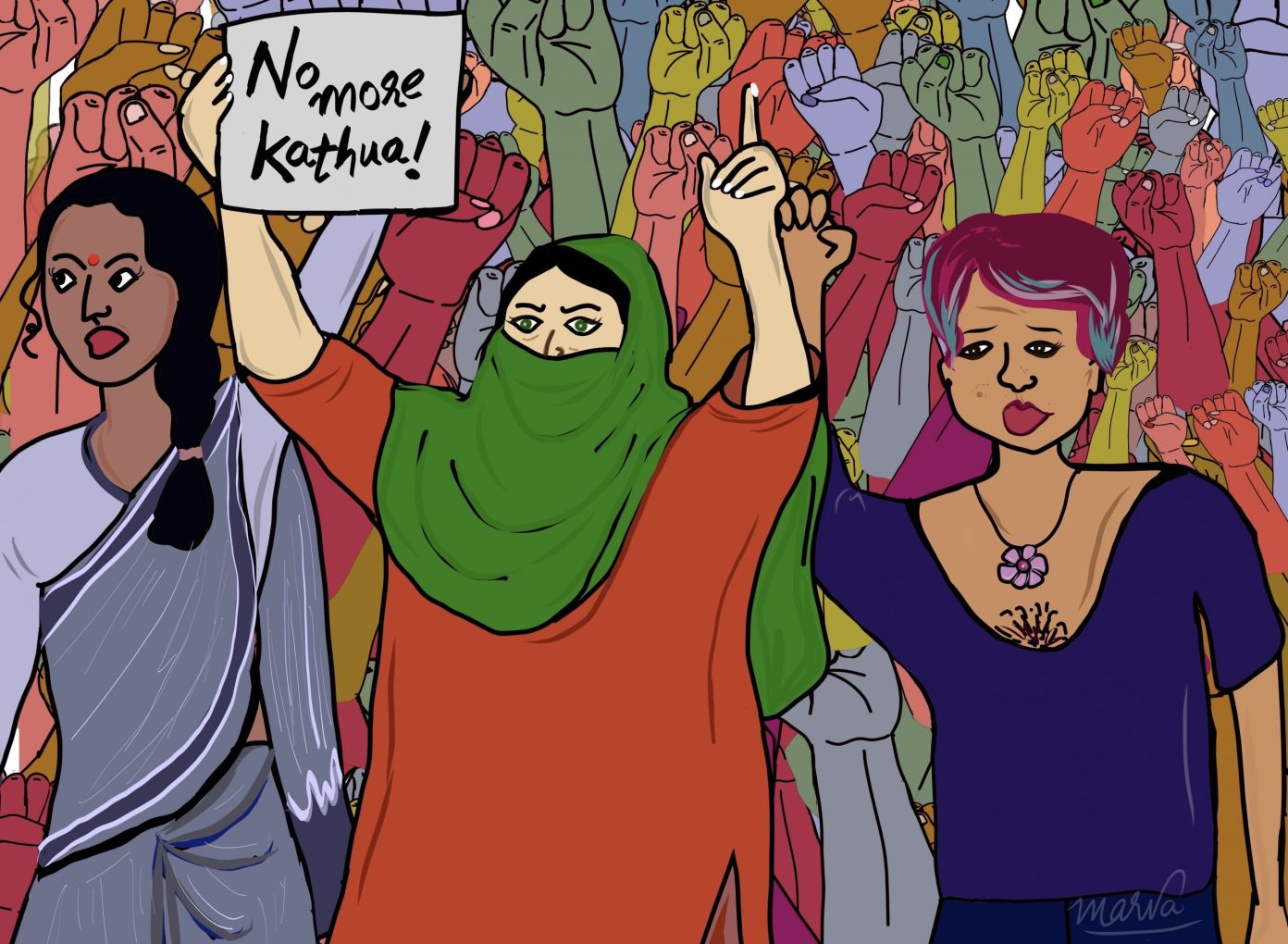
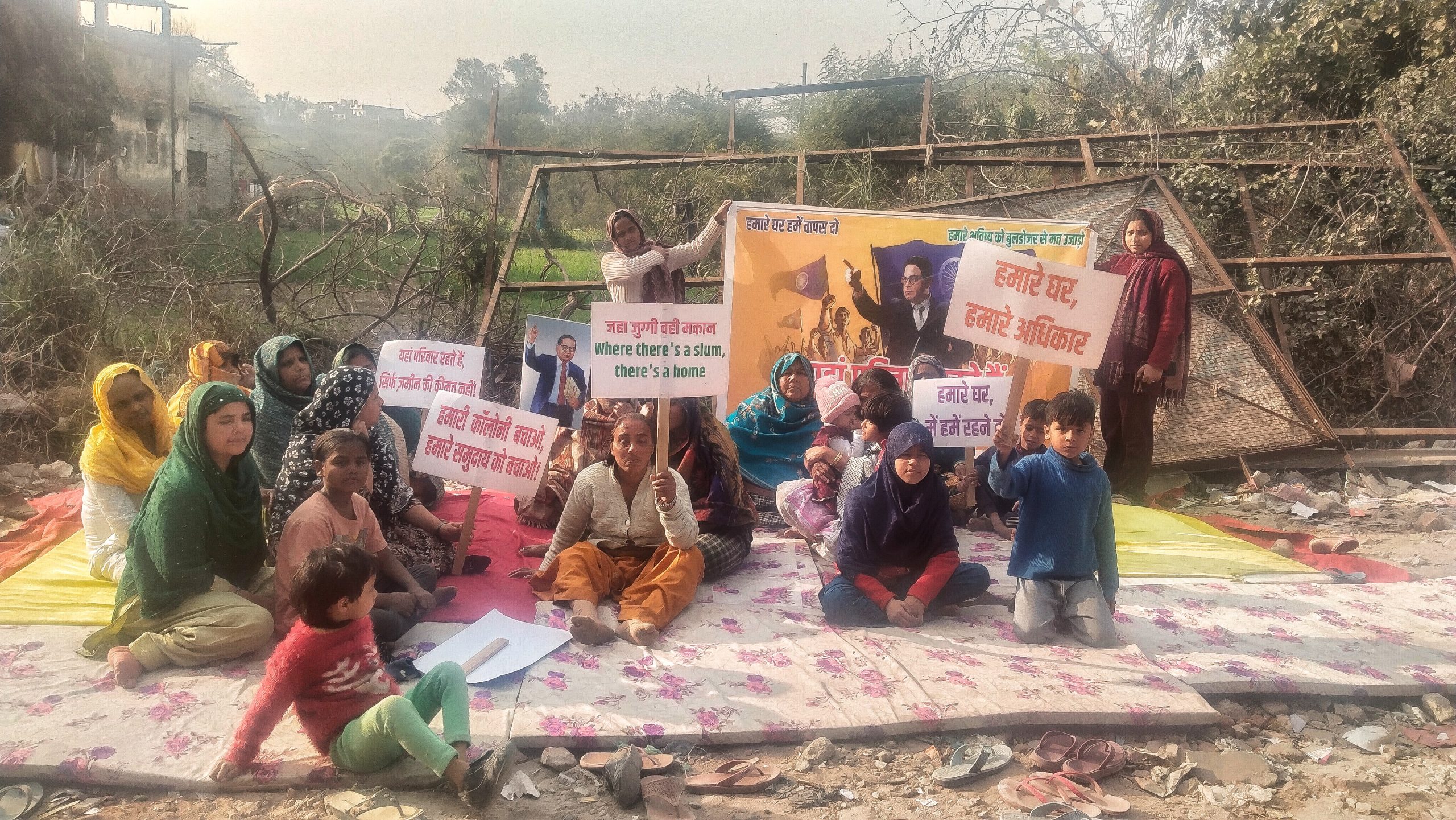
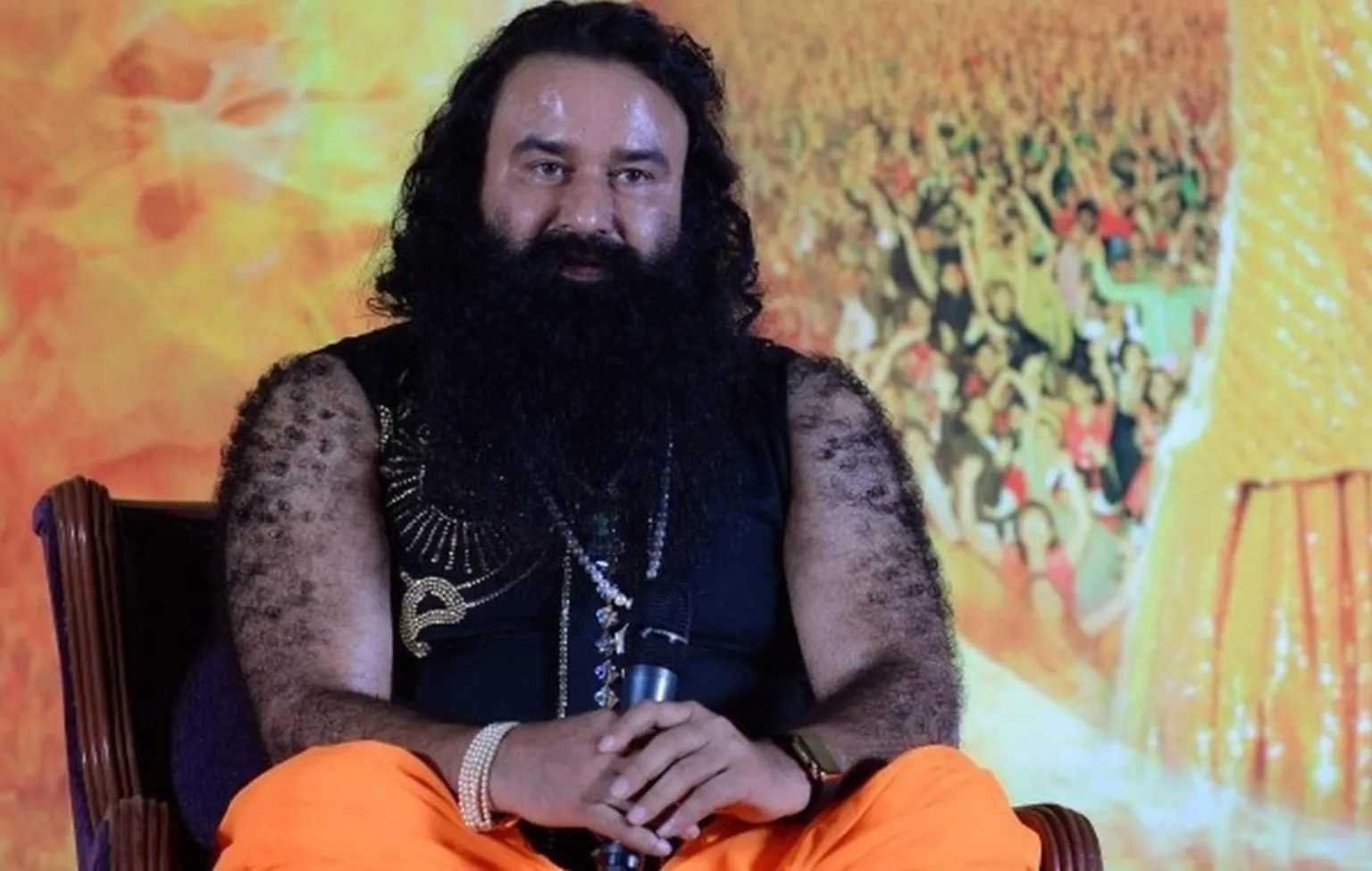

What an article,it opens your eyes to the torture felt by Dalits,animals are safer in our country than its own people